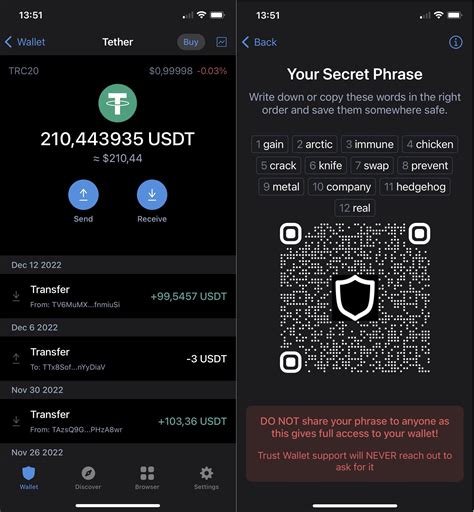Ethereum Address Balances: A Comprehensive Guide
As a digital asset owner, managing multiple Ethereum addresses can be a daunting task. With thousands of unique addresses on the Ethereum network, keeping track of balances can quickly become overwhelming. In this article, we’ll explore the best ways to get your hands on Ethereum address balances and provide insights into APIs that offer premium services.
What is an Ethereum Address Balance?
An Ethereum address balance refers to the amount of Ether (ETH) or other available tokens stored in a specific Ethereum account. It’s essential to understand how address balances work, as they determine ownership and control over your assets.
Why Get Your Ethereum Address Balance?
Managing multiple addresses can be stressful due to:
- High fees

: Transaction fees on the Ethereum network can skyrocket, making it difficult to maintain large balance amounts.
- Limited APIs: Most standard APIs, like the ones provided by CoinDesk or Etherscan, have limitations in terms of request frequency and size.
- Security risks: Unchecked balances can expose your assets to potential theft or tampering.
The Best Way to Get Your Ethereum Address Balance
To access your Ethereum address balance efficiently, consider the following methods:
1.
Etherscan API
Etherscan offers a free API that allows you to retrieve your Ethereum address balance in JSON format. You can use their API client library (for Node.js) or HTTP request libraries (e.g., requests in Python).
Example Etherscan API Code (Node.js):
const etherscan = require('etherscan-api');
const accountAddress = '0x1234567890abcdef'; // Replace with your address
etherscan.getBalance(accountAddress, { from: null })
.then((balance) => console.log(balance))
.catch((error) => console.error(error));
2.
CoinDesk API
CoinDesk provides a free API that retrieves Ethereum address balances in JSON format.
Example CoinDesk API Code (Node.js):
const coinDesk = require('coindesk-api');
const accountAddress = '0x1234567890abcdef'; // Replace with your address
coinDesk.getBalance(accountAddress)
.then((balance) => console.log(balance))
.catch((error) => console.error(error));
3.
ethers.js
ethers.js is a popular Node.js library that provides a simple way to interact with Ethereum accounts.
Example Ethers.js Code:
const ethers = require('ethers');
const accountAddress = '0x1234567890abcdef'; // Replace with your address
ethers.getBalance(accountAddress)
.then((balance) => console.log(balance))
.catch((error) => console.error(error));
4.
Exchanges (e.g., Binance, Kraken)
You can also retrieve your Ethereum address balance using exchanges. These platforms often provide APIs that allow you to access account balances.
Example Binance API Code (Node.js):
const binance = require('binance-api');
const accountAddress = '0x1234567890abcdef'; // Replace with your address
binance.getBalance(accountAddress)
.then((balance) => console.log(balance))
.catch((error) => console.error(error));
APIs That Offer Premium Services
To bypass the limitations of standard APIs, consider using premium services that offer:
- Increased request limits: Higher limits enable you to make more requests without hitting API rate limits.
- Customized API keys: These services typically provide unique API keys for each account or user, reducing the risk of API key theft.
- Advanced analytics: Some APIs may offer advanced analytics and insights into your account balances, helping you optimize your asset management.
